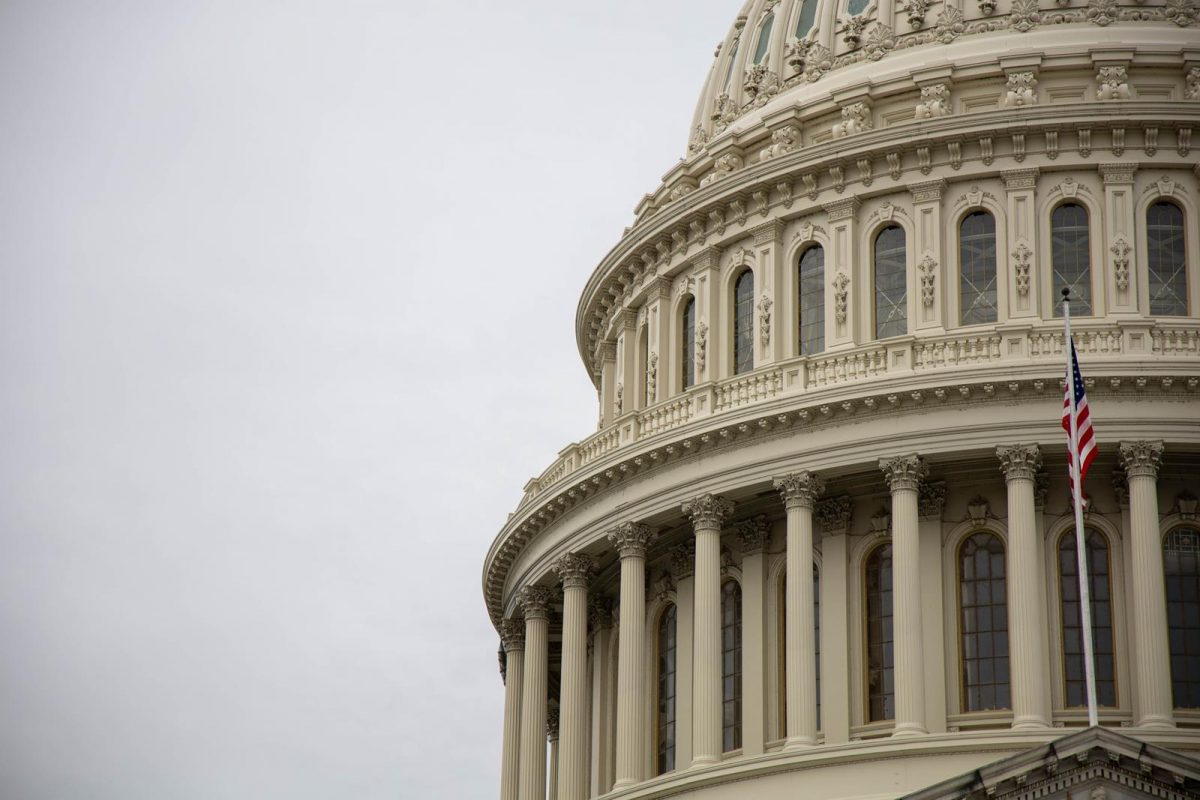
Politics – The Philosophy Of Common Good
Politics is a broad field of human endeavor, the study of politics refers to the systematic study of politics or political systems as a whole. Politics is also the study of political activities which are related to making political decisions within plural groups, like the distribution of wealth or political power to individuals, or groups. The major branch of political science that studies government and politics is called political science.
Politics is the field of social science which studies political systems as a whole. It also includes an area of inquiry as to how political organizations or parties come into being. Politics has become one of the major fields of study in all the schools and colleges across the world today. This area of study has given birth to some famous political philosophers including Plato, Aristotle, John Locke, Hannahans and John Locke. Politics is the study of politics as it exists in practice. It is interested in politics as a system of power and politics as an ideology.
The main aim of politics is to ensure equality of opportunity and to protect the interests of all citizens. Politics aims at popular self-rule and at political institutions that facilitate the formulation of public policy by elected institutions. Politics tries to guarantee the political equality of men and women and at the same time provide them with equal opportunities to enjoy public service. Politics tries to provide for the economic, social and cultural equality of people. Politics tries to protect the liberty of minorities and at the same time promotes the unity of the nation as a whole.
Politics is concerned with the public opinion and is about the way the polity or state is ruled. Politics may be divided in to three sub-specialties, such as judicial politics, popular politics and legislative politics. Each of these sub-specialties has its own significance and role in the exercise of politics.
Judicial Politics deals with disputes between individuals or between groups of people living under the same political jurisdiction. In this field, lawyers are the advocates who attempt to settle legal disputes through legal means. Judicial politics arises when there are questions or arguments concerning the legality of a government policy or action. Questions pertaining to the constitutionality of a legislative act, the right of a person to remain free from unreasonable searches and seizures, due process and the like arise in this area of politics. In order to solve legal disputes, lawyers work together with other experts from different fields of expertise.
Popular Politics refers to political activities undertaken on behalf of a community at large. It is basically the collective voice of the people, organized as citizens of a polity. Citizens’ political opinions are expressed through legislation and in general, through mass movements. These citizens are said to have a right to participate in democracy. A vibrant democracy needs to have vigilant citizens keen on upholding the rules and values of democracy. Thereby, a democracy is defined as a political system in which government is elected through direct election and checks against the popular vote, and legitimacy is verified by universal suffrage, which guarantees an equal right of citizenship to every citizen.
The term ‘democracy’ can be traced back to the Greek philosopher Aristotle who said that all men are ruled by politics. Politics, according to Aristotle was the making laws. Later on, Machiavelli added another aspect to politics by making law the supreme power. In general, every polity wants to make laws that would best govern their society. Every polity also strives to have peace among all their neighbors. Politics is an intricate subject, with wide-ranging philosophical theories from liberalism to socialism and everything in between.
Politics is a broad subject and there has been extensive debate on its definition over the years. Aristotle’s definition of politics became the basis of all political science, while Hobbes argued that democracy is corrupted by luxury, aristocracy by base interest, and despotism by leadership. Locke placed civil society at the center of politics, arguing that the common good protects the polity. John Locke put democracy and tyranny on equal moral grounds, and Paine argued that individual rights outweigh the majority rules because the minority is wiser and protect the majority from becoming a threat.